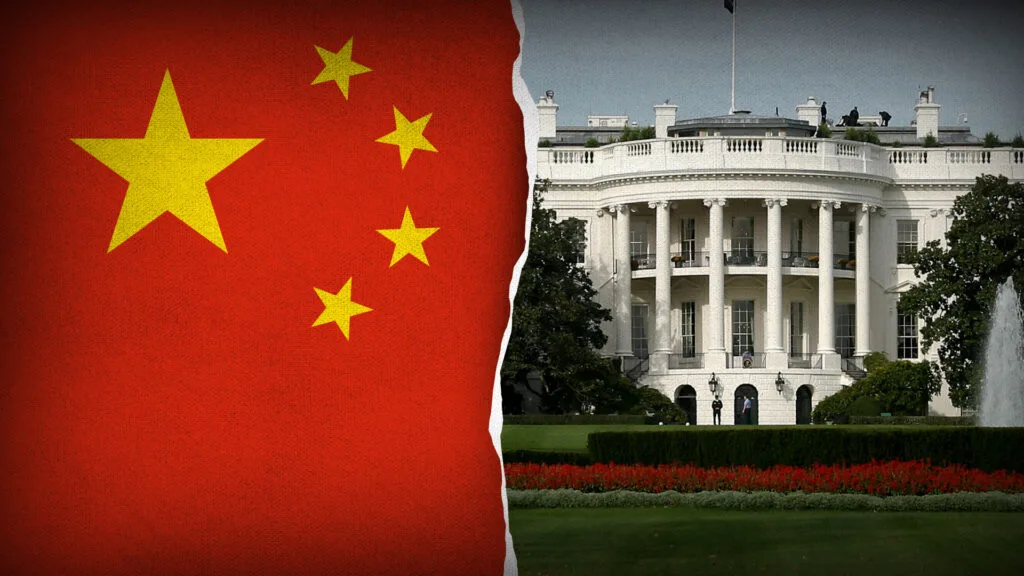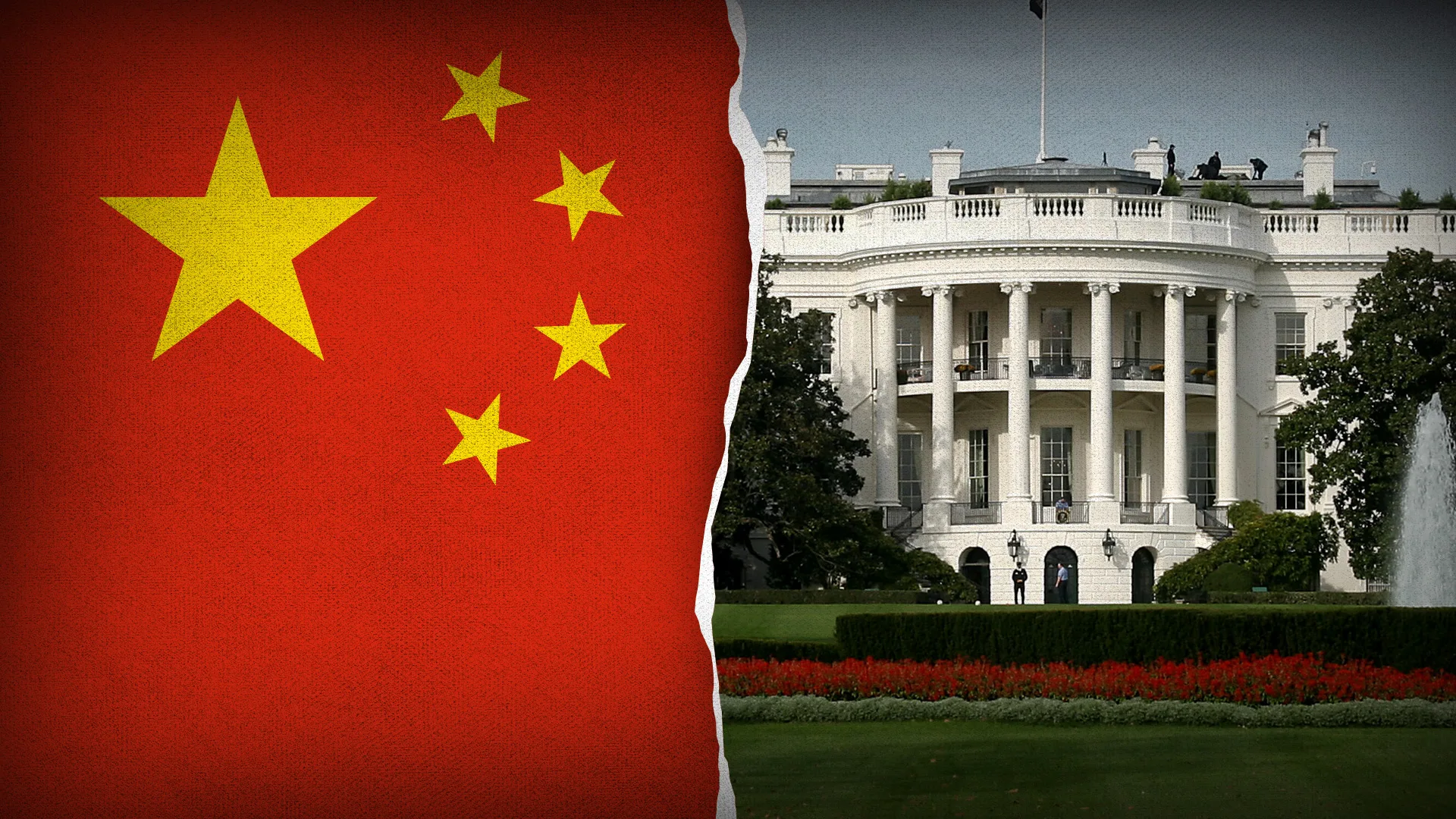WATCH: How Trump’s Trade War With China Began
January 15, 2020
Share
On Wednesday, in what President Trump called a “momentous step,” he and Chinese Vice Premier Liu He signed what’s being called a phase-one trade deal between the U.S. and its chief economic rival, China. The signing of the deal, which took place on the same day the U.S. House of Representatives voted to send articles of impeachment against Trump to the Senate, was hailed by the president’s allies as a historic victory resulting from Trump’s approach to China.
The agreement outlines a commitment from China to increase its imports of U.S. manufacturing, agricultural and energy products and other services over 2017 levels by at least $200 billion within the next two years. The U.S. in turn reduced tariffs that took effect this fall and declined to implement further tariffs in December, though other tariffs on Chinese goods remain in effect. The agreement also outlines terms that would end forced tech transfer, a practice in which companies wanting to do business in China say they’re pressured to turn over their technology.
In their remarks, both Trump and China’s vice premier emphasized common ground between the two countries and a need for closer cooperation: “We now have a big investment in getting along with each other,” Trump said, calling Chinese President Xi Jinping “a very good friend.”
Get the inside story of Trump’s gamble to confront China over trade in Trump’s Trade War, a 2019 FRONTLINE documentary in collaboration with NPR. The investigation traces how President Donald Trump’s decision to put tariffs on billions of dollars in Chinese imports in 2018 shocked the world and launched a high-stakes confrontation between the world’s two largest economic superpowers.
The documentary detailed how Trump’s worldview on China and trade came to be, and traced the heated internal battle inside the White House over the administration’s decision to impose tariffs, which upended decades of U.S. trade policy.
“The most intense fights and debates in the White House, and the fights were nasty that came out of Mar-a-Lago, were about this issue of tariffs … as a proxy to the great economic war with China that we’re engaged in,” former Trump chief strategist Steve Bannon tells FRONTLINE and NPR.
Trump’s Trade War also reveals how the U.S. business community has resisted confronting China over business practices it says are unfair and violate trade rules — practices including forced tech transfer.
China has insisted it has no such official policy. But “they engaged in predatory and protectionist policies,” Michael Wessel, commissioner on the U.S. government’s U.S.-China Economic and Security Review Commission, tells FRONTLINE and NPR. “They demanded that many foreign companies seeking to come into their market had to do it through joint ventures with their own firms. And in many cases, requiring that their technology be transferred to empower Chinese entities to become, you know, great world companies.”
As the U.S.-China trade relationship enters a new phase, Trump’s Trade War offers essential context. The documentary is streaming in full here at pbs.org/frontline, on the PBS Video App and on YouTube.

Related Documentaries
Latest Documentaries
Related Stories
Related Stories
Explore
Policies
Teacher Center
Funding for FRONTLINE is provided through the support of PBS viewers and by the Corporation for Public Broadcasting, with major support from Ford Foundation. Additional funding is provided the Abrams Foundation, Park Foundation, John D. and Catherine T. MacArthur Foundation, Heising-Simons Foundation, and the FRONTLINE Trust, with major support from Jon and Jo Ann Hagler on behalf of the Jon L. Hagler Foundation, and additional support from Koo and Patricia Yuen. FRONTLINE is a registered trademark of WGBH Educational Foundation. Web Site Copyright ©1995-2025 WGBH Educational Foundation. PBS is a 501(c)(3) not-for-profit organization.























